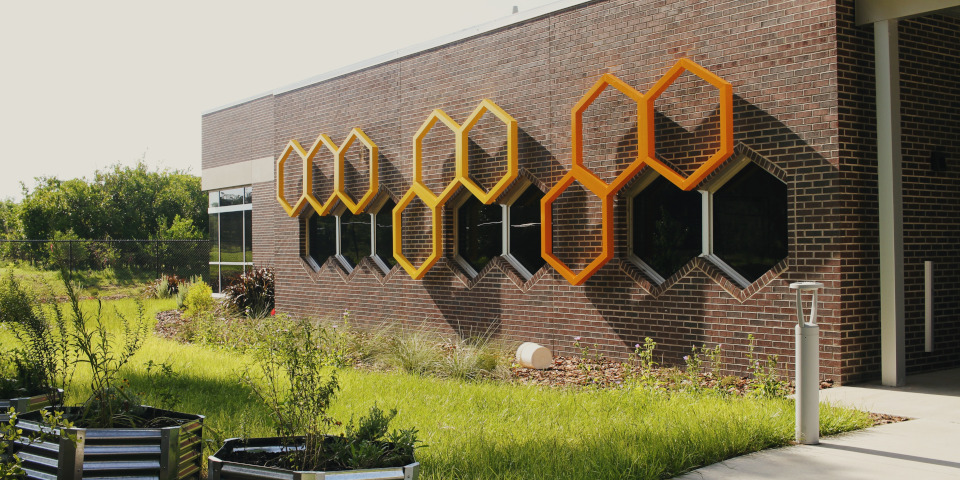Appointment: The position is full-time for one year. This is a non-tenure accruing position.
Pay Rate: $55,000 / year, plus benefits
Position Description: The University of Florida (UF) Honey Bee Research and Extension Laboratory (HBREL) has been awarded a grant from the Florida Department of Agriculture and Consumer Services to research the non-target impacts of mosquito larvicides and adulticides to honey bees. Our team is seeking a highly motivated postdoctoral research associate to lead the project. The work includes coordinating field treatments with mosquito control districts, sample collection, evaluation of honey bee colony health, rearing honey bee larvae in vitro, and basic honey bee toxicology, among other project responsibilities. The postdoc will work with the co-PIs Dr. Cameron Jack and Dr. Jamie Ellis to complete the project. The four main aims include: (1) determining the level of mosquito control product residues in honey bee hives after treatment, (2) determining the impact of these control products on honey bee colony strength, 3) measuring impact of these products on honey bee larvae, and (4) measuring the impact of these products on adult honey bees in laboratory trials. The postdoc will be required to work closely with other HBREL research team members and outside collaborators (both domestic and international), to produce project reports to fulfill the duties associated with grant, to develop peer-reviewed manuscripts, and to attend/present at conferences. Opportunities to engage with public audiences will also be available.
Qualifications: 1. A PhD in chemistry, biology, entomology, toxicology, or a related discipline
2. Experience with both field and laboratory research
3. Evidence of research productivity
4. Effective interpersonal and organizational skills, excellent time management skills, and ability to integrate successfully into a laboratory employing students, technicians, and postdocs with varied interests
The postdoc will be based in Gainesville, FL, and will report directly to Dr. Cameron Jack. The postdoc will collaborate regularly with Dr. Jamie Ellis, as well as several mosquito control experts and UF collaborators.
Application: A review of applications will begin 31 July 2023 and will continue until a suitable candidate is found. Applicants must submit applications to Mr. Chris Oster (osterc96@ufl.edu). To be considered for this position, one must submit (1) a cover letter, (2) curriculum vitae, (3) pdf copies of three refereed publications or preprints, and (4) contact information of at least three individuals who are able to provide a recommendation letter upon request. These individuals should be either current or former supervisors/advisors that are familiar with your work ethic and previous experiences. Email submission of complete application is required. Incomplete applications will not be considered. Please email Dr. Cameron Jack (cjack@ufl.edu) with any questions.
The selected candidate will be required to provide an official transcript to the hiring department upon hire. A transcript will not be considered “official” if a designation of “Issued to Student” is visible. Degrees earned from an education institution outside of the United States are required to be evaluated by a professional credentialing service provider approved by National Association of Credential Evaluation Services (NACES).
If an accommodation due to a disability is needed to apply for this position, please call 352-392-2477 or the Florida Relay System at 800-955-8771 (TDD) or visit Accessibility at UF .
Hiring is contingent upon eligibility to work in the US. The University of Florida is a public institution and subject to all requirements under Florida Sunshine and Public Record laws.
The University of Florida is an Equal Opportunity Institution dedicated to building a broadly diverse and inclusive faculty and staff. The Institute of Food and Agricultural Sciences is committed to creating an environment that affirms diversity across a variety of dimensions, including ability, class, ethnicity/race, gender identity and expression. We particularly welcome applicants who can contribute to such an environment through their scholarship, teaching, mentoring, and professional service.










